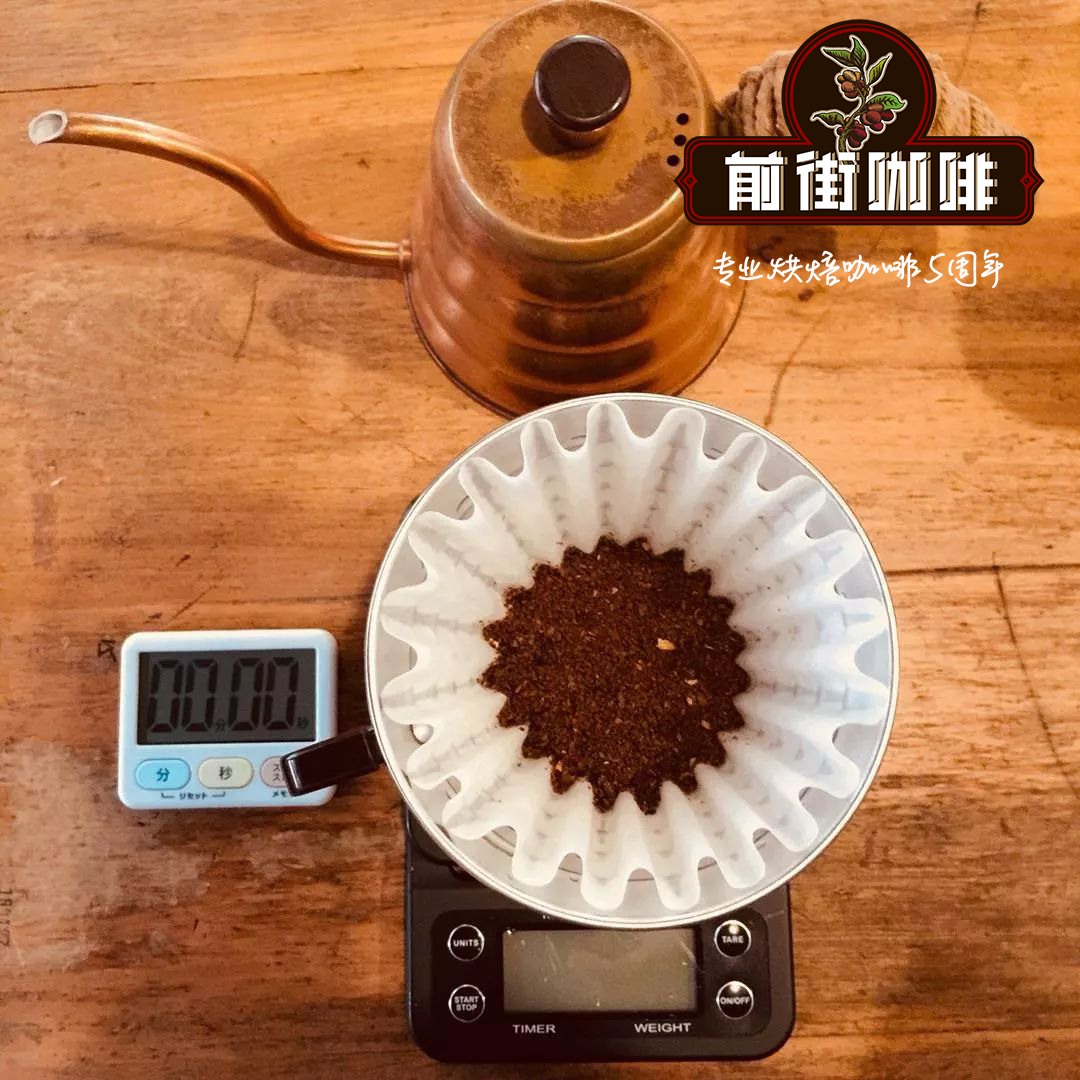Is all Arabica coffee sour? Arabica coffee beans are not sour. How do you drink them?

Professional coffee knowledge exchange more coffee bean information please follow the coffee workshop (Wechat official account cafe_style)
Generally speaking, many of our friends will say that they don't like Arabica coffee with acidity. When we see all kinds of beans that need to be selected, we may not be able to say exactly which flavor we prefer. But you can clearly say, "Don't be sour."
In fact, whether the coffee will be sour or not depends on the variety of coffee beans and the degree of baking. The shorter the baking time, the lower the degree of caramelization. At this time, organic acids are still retained in the beans, so it is easy to produce sour taste. Conversely, the longer the baking time is, the less sour it is. In addition, the temperature of brewing coffee also affects, lower temperature water is also easier to brew coffee with acidity than high temperature water, people who are afraid of acid had better drink it while it is hot, otherwise the sour taste of coffee will become more obvious as the temperature decreases.
In the last paragraph, we talked about that the acidity of coffee has a lot to do with the variety and roasting degree of coffee beans, because in the process of growth and processing, coffee beans will fully absorb the acid of the pulp, so that coffee beans will have acidity. In terms of varieties, high-quality Arabica coffee beans are more acidic, so Arabica coffee beans from Kenya, Guatemala, Costa Rica and other places are more or less acidic.
Although many people can not accept the high acidity of coffee, but the people who like it actually like the charming sour taste! The acidity of this kind of coffee is lively, bright and full of changing layers. At the beginning of the mouth, you will feel the obvious acidity stimulation, then turn into lemon, citrus-like fragrance, and finally show a smooth and bright sweet fragrance.
The depth of roasting also affects the "bitterness" and "acidity" of coffee. The deeper the roast, the lower the acidity, and the bitterness will increase accordingly. If you like the high acidity and multi-layered taste, you can choose light roasted Arabica coffee from Africa and Central America, such as Kenya, Ethiopia, Guatemala, Costa Rica and so on. Those who like rich incense and sweet aftertaste can choose Asian deep-baked beans, such as Mantenin, Java, Brazil and so on.
All in all, the acidity of coffee is not used to judge whether the quality is good or bad or whether it is fresh or not, it is all a subjective preference of personal taste, there is no right or wrong, try many ways, maybe you can also find your favorite acidity Arabica coffee!
Important Notice :
前街咖啡 FrontStreet Coffee has moved to new addredd:
FrontStreet Coffee Address: 315,Donghua East Road,GuangZhou
Tel:020 38364473
- Prev

How about organic coffee? taste and flavor characteristics of coffee beans in El Salvador Montana Organic Manor.
Professional coffee knowledge exchange more coffee bean information please follow the coffee workshop (Wechat official account cafe_style) facing the sun, away from the darkness. Derived from the purest positive energy in the rainforest, Xiangri Organic Coffee Manor beans really comply with organic regulations from planting to production process Montana Organic Manor | Organic Shade Grown Montaa EU Organic Certified Manor | Rainforest Alliance Certification |
- Next

Arabica Coffee producing area where Arabica Coffee beans come from and where in the World
Professional coffee knowledge exchange more coffee bean information Please follow the coffee workshop (Wechat official account cafe_style) the most sensible and practical way to learn about the countries that produce Arabica coffee is to classify them into the world's three major coffee growing regions: Africa, Indonesia and Central and South America. Generally speaking, coffee grown in the vicinity has similar characteristics. If a particular
Related
- Beginners will see the "Coffee pull flower" guide!
- What is the difference between ice blog purified milk and ordinary milk coffee?
- Why is the Philippines the largest producer of crops in Liberia?
- For coffee extraction, should the fine powder be retained?
- How does extracted espresso fill pressed powder? How much strength does it take to press the powder?
- How to make jasmine cold extract coffee? Is the jasmine + latte good?
- Will this little toy really make the coffee taste better? How does Lily Drip affect coffee extraction?
- Will the action of slapping the filter cup also affect coffee extraction?
- What's the difference between powder-to-water ratio and powder-to-liquid ratio?
- What is the Ethiopian local species? What does it have to do with Heirloom native species?

